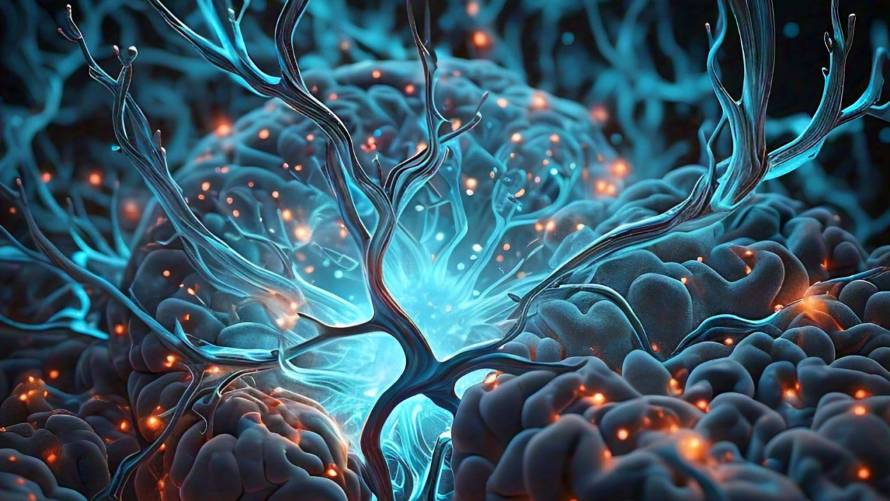Researchers have discovered a quantum effect in biological systems that could protect the brain from degenerative diseases like Alzheimer’s and enable ultra-fast information processing. The finding, published in The Journal of Physical Chemistry and selected as an Editors’ Choice by Science magazine, represents a significant advancement in the field of quantum biology.
Tryptophan: The Key Player
The study focused on tryptophan, an amino acid found in many biological structures, including neurons in the brain. When arranged in large, symmetrical networks, tryptophan molecules exhibit a quantum property called “superradiance,” where they fluoresce stronger and faster than they would independently. This collective behavior is typically not expected in larger, warm, and “noisy” biological environments.
“This publication is the fruit of a decade of work thinking of these networks as key drivers for important quantum effects at the cellular level,” said Philip Kurian, Ph.D., principal investigator and founding director of the Quantum Biology Laboratory at Howard University.
Implications for Neuroscience and Quantum Computing
The presence of quantum superradiance in neurons has two potential implications. First, it may protect the brain from degenerative diseases like Alzheimer’s, which are associated with oxidative stress. Tryptophan networks can efficiently absorb damaging UV light and re-emit it at a safer energy level, thanks to their powerful quantum effects.
Second, these tryptophan networks could function as quantum fiber optics, allowing the brain to process information hundreds of millions of times faster than chemical processes alone. This challenges the standard model of neuronal signaling and opens up new avenues for understanding information processing in the brain.
The study has also drawn the attention of quantum technology researchers, as the survival of fragile quantum effects in a “messy” environment is of great interest for making quantum information technology more resilient.
“These new results will be of interest to the large community of researchers in open quantum systems and quantum computation,” said Professor Nicolò Defenu of the Federal Institute of Technology (ETH) Zurich in Switzerland.
The discovery of this quantum effect in biology represents a significant step forward in understanding the relationship between life and quantum mechanics, with potential applications in neuroscience, quantum computing, and the development of new therapeutic approaches for complex diseases.
Keyword/phrase: quantum biology in the brain


